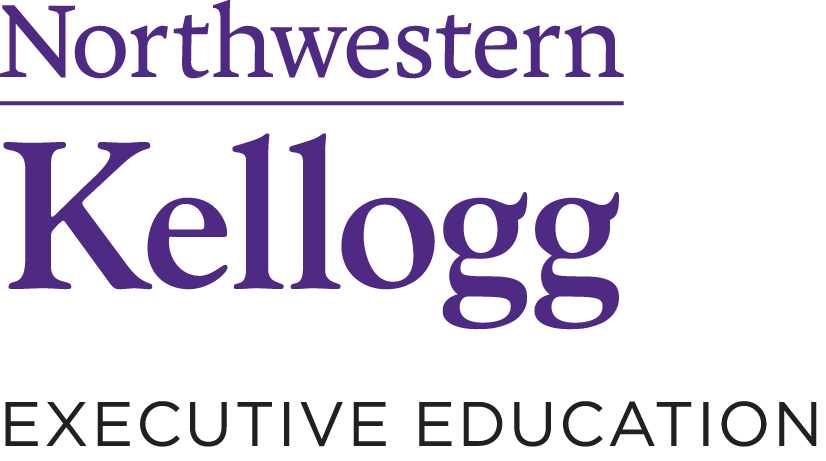- Leadership
Data Analysis – It’s a Human Issue
How selecting appropriate data to provide 'business' answers is a human responsibility
There are a multitude of Data Analytics programs being run for executives at top business schools around the world these days. Companies are hungry for expertise in this area – with today’s computing power and the flow of digital data the opportunity for businesses to acquire and crunch data is wholly unprecedented.
Our experience at Kellogg is that organizations are, not surprisingly, drawn to this opportunity with eager enthusiasm. “If we can identify the hotspots from our data, we can shift our margins significantly – the more we spend on data collection and analysis, the more insight we will get, surely?” being the general theme.
While there really is a huge opportunity to drive growth with the right use of data analytics, what my colleague, Florian Zettelmeyer, and I have observed over the last five or more years is that organizations tend to rush into acquiring and analysing data without really understanding the fundamentals of data science, and how all the pieces of the puzzle fit together on the board. The analogy we use is that investing significant sums in state-of-the-art technology to collect the data, and teams of PhD analysts to interpret it, is like buying a huge, finely-tuned racing car engine and set of tyres, but without having the chassis, let alone the pedals or seats and so on to go with it.
We are all impressed by the ‘hotspot’ tales from data analysis. Famously, it was noted that men tended to purchase more beer for drinking at home once they became fathers; so marketing beer with diapers increased sales. This observation, entertaining as it is, never revolutionised a supermarket’s sales. Finding these small opportunities may, if aggregated many times over, lead to incremental sales increases, but they are not game-changing – and almost certainly not worth substantial investment in data analysis.
What organizations need is to understand what can and cannot be done with data science, before they start their journey with it. There's a huge disconnect in terms of trying to fit the question you are trying to answer and getting the data that maps into that. Discovering what data is needed to answer your question is the first challenge, and firms do not generally understand that different kinds of questions require different kinds of data. Not only different data but different techniques to analyse the data. As the data type differs then the technique you use to answer your question need to differ to.
Sometimes the technique is simple. Sometimes it needs to be very sophisticated. So we have problems, we have data and then we have the tools that you use to analyse the data to get insights that would lead you to an answer about the question. Get one of these wrong and your insights will be wrong too. What we see is that executives often over-simplify this. They think “here's my problem, if I go get this big circle of data all the insights will pop out”. This typically leads to disappointing results.
The root problem with this approach is not the data or the analysis itself, it is how the question was initially framed and what data was selected as being appropriate to provide the answer. This is principally a human problem, managers frequently do not recognise what they do not know or understand. A reason a lot of this fails is because of the big picture strategy, getting everyone aligned around the same thing. More importantly perhaps, is to ensure that people understand that whatever the analysis says, there is no 100% certainty that the strategy will be 100% correct.
Where we see what we do as being different to all the other data science programs offered by universities and business schools, is that the gathering of data and its analysis is only part of the story. To extend the car engine analogy, it is like training mechanics to run an auto shop, but not have anyone there to say how they should make money. We have found that while data science continues to grow at nearly every firm the business of analytics is often ignored. At Kellogg, we approach data science as a management problem, which fills a fundamental gap in the market.
Learn about Kellogg's Leading with Big Data and Analytics - September 2017
The Kellogg School of Management at Northwestern University is recognized globally as a pioneer in general management education that offers innovative academic opportunities for today’s leading thinkers
ARTICLES YOU MIGHT LIKE
RESEARCH
Why organizational resilience requires adaptive leadership particularly in times of crisis
DEVELOPING LEADERS QUARTERLY MAGAZINE AND WEEKLY BRIEFING EMAILS


































